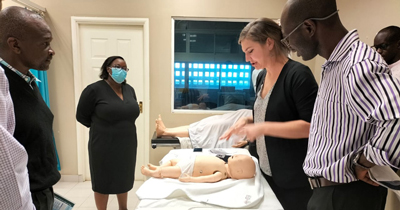Impactful Partnerships: Building Strong Relationships One Person at a Time
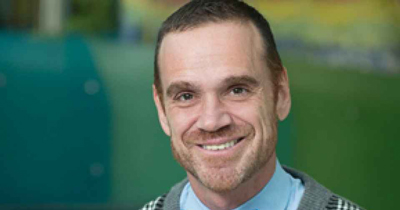
As of 2021, more than half of the world population—more than 4.5 billion people—were not fully covered by essential health services as revealed by the World Health Organization and World Bank’s joint “2023 Universal Health Coverage Global Monitoring Report”. This is just one of the staggering statistics, but understandable given systemic failures in many countries’ national health systems. With the lack of viable health infrastructures, severe underfunding, and an endemic “brain drain” of locally trained medical personnel, the challenges can seem insurmountable.
“When someone anywhere is desperate, everyone everywhere is at risk.” Robert J. Havey, MD, deputy director of the Robert J. Havey Institute for Global Health said on a recent episode of “Explore Global with Dr. Rob Murphy.” “Health care is not just about the humanitarian side of what we do, but there's a real return on investment if we continue to shore up the infrastructure of health care in these really low and middle-income areas that otherwise would take decades to come into the modern world.”
And Northwestern is doing its part to advance global health, with its unwavering commitment to driving equitable outcomes.
Capacity building activates innovation and discovery and potential opportunities for sustainable development.”
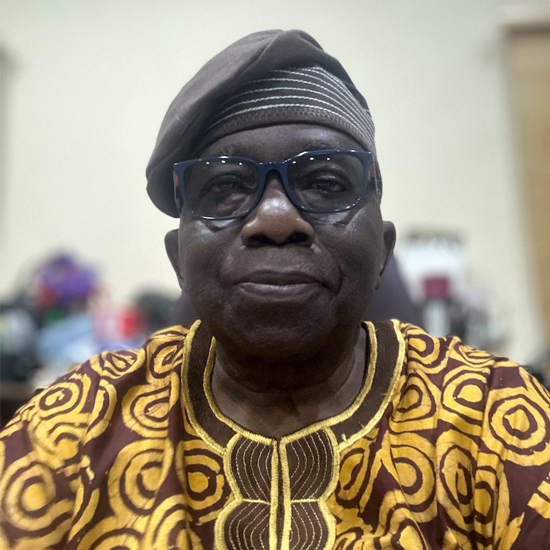
To achieve this goal, it’s imperative to build capacity and design sustainable practices across all facets of our partners’ health care systems. Havey knew he needed to expand on Northwestern’s global health program’s initial focus—increasing students’ opportunities for international travel—and implement a model where students were more broadly and globally trained. Pursuing this holistic approach that integrates, rather than depends, on advancements in medical technologies, would not only help students understand the desperate needs of so many people in the world, it ultimately would help them become better doctors.
Havey’s inspiration came from reading a profile about doctors traveling to Rwanda to repair heart valves for patients with rheumatic heart disease. The story recounted how experts traveled with the necessary equipment to operate on 14 patients over the course of two weeks. Helping the few when millions needed care cemented Havey’s belief that was not the way to approach global health, let alone scale initiatives to make a real impact.
“The end game here is sustainability,” Havey said. “Building partnerships and sustainable systems gets to the root of the problem.”
Consider the health care challenges medical professionals and residents of sub-Saharan Africa face. Adjunct Professor, Medicine, Infectious Diseases, global health expert and leader Isaac Adewole, MBBS noted during his webinar “Investment in Capacity Building and Research Development as a Catalyst for Sustainable Development” that:
“The private sector has a major role to play in building human capital within the African continent, Adewole said in his recent presentation for Robert J. Havey Institute for Global Health. “It is important that we devise both homegrown and internationally supported strategies for addressing the current crisis in human resources for health in Africa.”
He pointed to many longstanding partnerships with Northwestern, all grounded in building capacity and infrastructure, combined with a sharp focus on “train-the-trainer” initiatives, as the cornerstone of incredible successes over the past 20 years, including:
“We’ve learned that success takes time and there is no shortcut to hard work,” Adewole said. “Capacity building activates innovation and discovery and potential opportunities for sustainable development.”
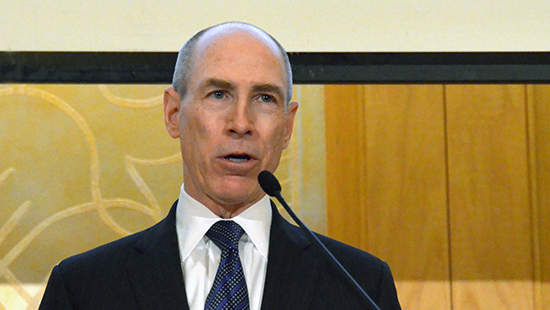
The end game here is sustainability. Building partnerships and sustainable systems gets to the root of the problem.”
Colleen Fant, MD, MPH, pediatric emergency medicine attending physician at Lurie Children's and assistant director of Global Health Simulation, knows that patient simulation is one discipline that underscores how instrumental capacity building is to deliver equitable health outcomes.
“That’s really where we've been kind of focusing our efforts, not only exposing people to simulation but also educating local experts,” Fant said. “And we show in-situ how you don’t need all the bells and whistles to do this. Anyone can do simulation—you just have to have a need and an interest.”
Simulation, the curriculum devoted to hands-on learning through continual practice, demonstrates how creating partnerships that focus on providing resources, doing the work together, and teaching others, will deliver ongoing results far into the future.
Collaborative bi-directional partnerships, those tailored to provide outstanding mentorship and leverage the tools and resources of U.S. institutions, are key.
“I think Northwestern’s approach to global health really definitely fosters collaborative teams because it’s not unilateral. It really pushes for having that bi-directional capacity building and education,” said Sahera Dirajlal-Fargo, DO, associate professor, pediatric infectious diseases and translational researcher at Northwestern University Feinberg School of Medicine. “We’re not just sending our trainees overseas. We're also making sure that we receive trainees here, which, in terms of impact, makes an incredible difference.”
Havey points out that Northwestern is committed to this work.
“There are 8 billion people in the world, and there’s projected to be 10 billion in the next 30 years,” Havey said. “There won’t be a shortage of need for health care and global health and partnerships around the world.”
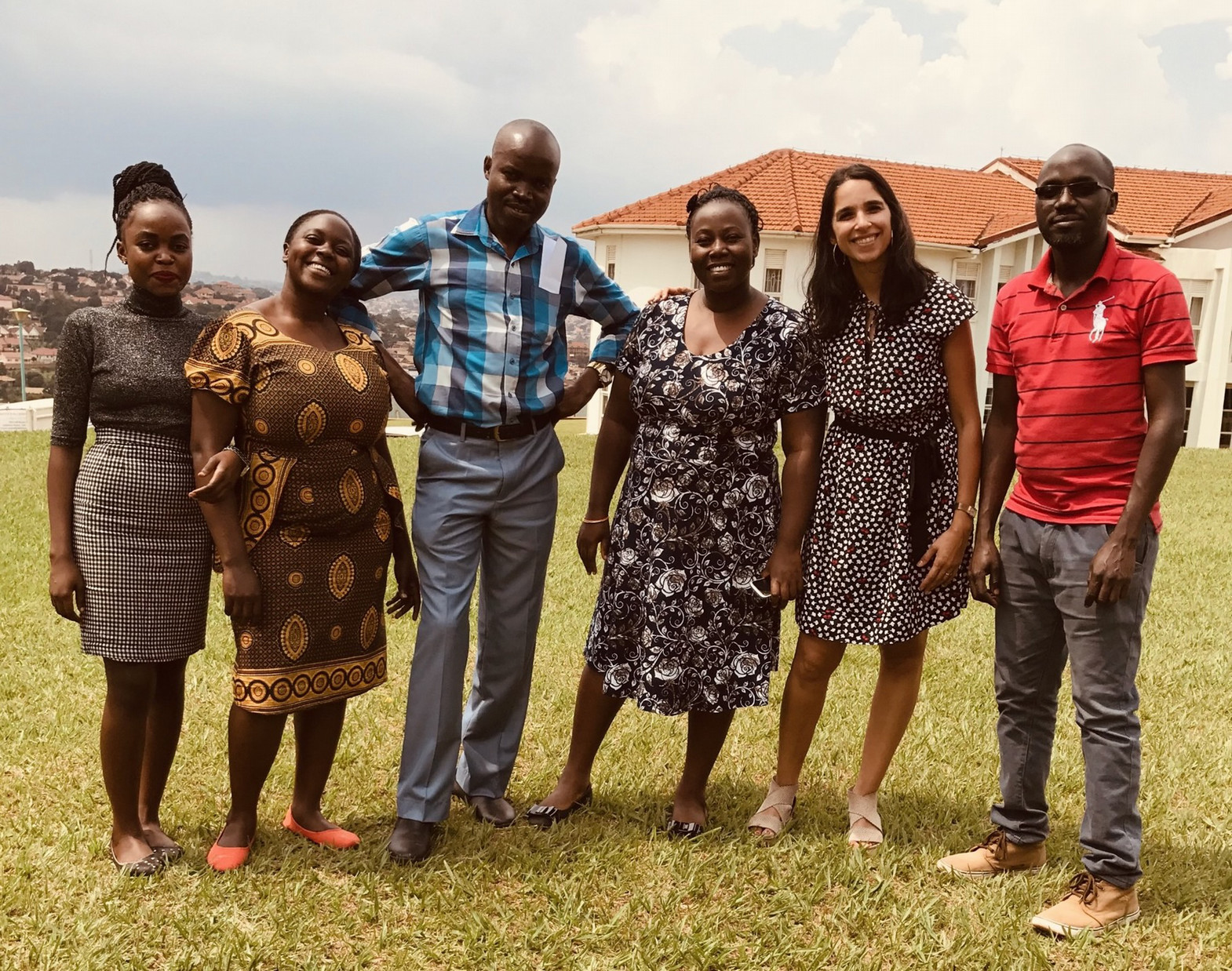
Colleen Fant, MD, MPH is a member of Robert J. Havey, MD Institute for Global Health and Northwestern University Clinical and Translational Sciences Institute (NUCATS). Sahera Dirajlal-Fargo, DO is a member of Robert J. Havey, MD Institute for Global Health.

